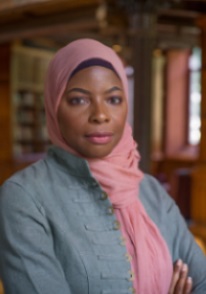Islamic Legal Canons as Memes
Main Article Content
Abstract
In her essay concluding the Roundtable, Intisar Rabb invites us to conduct a thought experiment— to think of legal canons as memes, that is, as cultural elements in circulation that, like genes, self-replicate and accrue to the benefit of human society. Just as memes spread, so do legal canons—principles that guide legal interpretation—from one scholar to another, from one written record to the other. Describing at length multiple angles from which legal canons can be categorized, Rabb shows that the many and varied types of canons illustrate how deeply embedded canons are in the social, cultural, and also legal culture that produces them. That, in turn, invites close collaboration between legal historians and data scientists to enable a mapping of a “meme pool” for legal canons, which she pursues through developing the Courts & Canons project at Harvard Law School: through digital tools, we will be able to trace the curious textual travels of legal canons (as memes), and through that, the transmission of cultures, practices, and ideas in through all manner of texts (their meme pool) recording the history and practice of law and society in the Muslim world.


